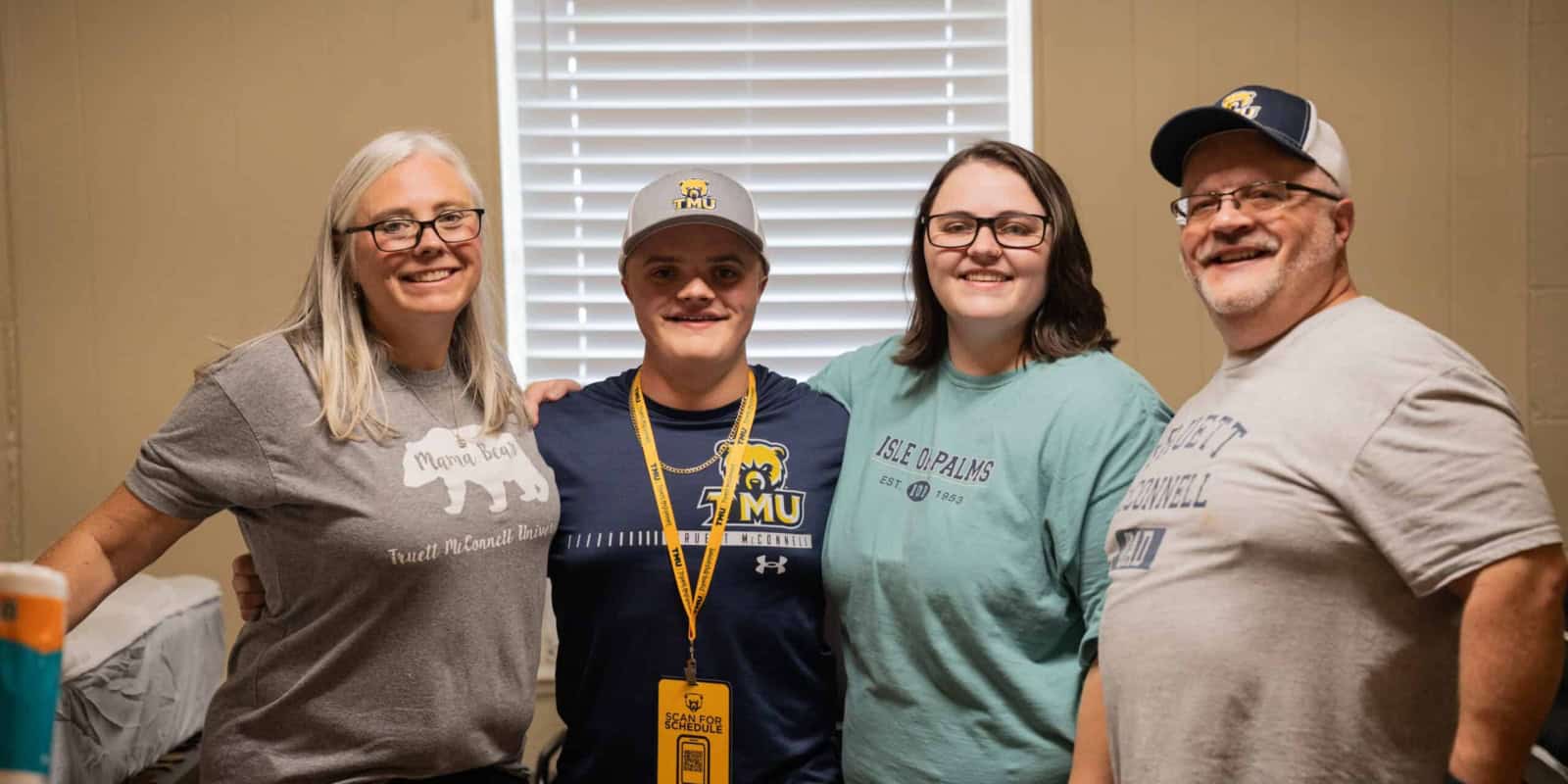By Caroline Anderson
It was a summer to remember for American college students in Thailand. They saw a man put his trust in Jesus and helped dozens more hear about Jesus.
This July, 13 students from Truett-McConnell College in Cleveland, Ga., came to Bangkok, Thailand, to learn what Sikhs believe and test methods that IMB representatives Bryan and Anne Evans* developed for sharing the Gospel with Sikhs.
Ed Pruitt, the founding director of Truett-McConnell’s World Mission Center, says the school plans to adopt the Sikh people and the Evanses’ ministry. Already, the school has committed to sending students on mission trips twice a year.
Before sending them out to meet Sikhs, Evans gave the students a crash course in Sikhism.
“Knowing a little about them [Sikhs] makes a huge difference,” Evans says.
Sikhs around the world
Evans introduces the students to the background and history of Sikhism
There are 16 million Sikhs in India but millions of Sikhs live abroad.
“The Sikhs outside India, in what we call the Diaspora, are quite widespread. Most of their migration is due to the influence of the British. Where the British went, they usually used the Sikhs as soldiers, guards and police,” Evans says.
Sikhs now have a variety of professions such as doctors, lawyers, military personnel, businessmen, textile merchants, railway workers and bodyguards.
The Queen of England has two Sikh bodyguards, Evans says.
The three countries, outside of India, with the largest Sikh populations are the United Kingdom, Canada and the United States.
Hong Kong, Singapore, Malaysia, Thailand and East Africa also have large populations of Sikhs.
Sikhs in Europe comprise a large percentage of the South Asian Diaspora. There are 70,000 Sikhs in Italy, Evans says, and no one is currently seeking to reach them with the Gospel.
Evans says there is a great need for a Gospel witness among the Sikhs of Thailand.
It’s these Sikhs that the Truett-McConnell students have come to meet.
Conversations starters
This past year, Evans has trained about 50 students and three professors in Sikh history and worldview and ways to share the Gospel with Sikhs.
In this training, Evans gave the students examples of how to start conversations about faith with Sikhs.
Truett-McConnell students from a previous trip suggested a flipbook Evans has created with tools and tips on how to share with Sikhs.
Benjamin Douglas,* a senior from Flowery Brach, Ga., used conversation starters from it with a Sikh teenager named Manjeet Singh.*
Douglas walked past Singh’s family’s textile shop four times. Every time, Singh smiled and waved. Douglas says he felt the Lord leading him to stop and talk.
“How do you think you’re getting to heaven?” Douglas asked, using a question Evans encouraged the students to use.
A Sikh’s goal, Evans says, is to find salvation by repeating God’s name, by doing good works and by the grace of God.
Singh told Douglas that Sikhs believe they go to heaven for doing more good than bad in life.
“What god do you pray to?” Douglas asked.
“The one god,” Singh answered.
“Can I tell you who my god is?” Douglas asked. “His face just lit up. … You could tell his heart was definitely prepared before we got there.”
Douglas he asked if Singh wanted to pray accept Christ as his personal Savior.
“Yes, I want to,” Singh answered. “How do I pray to a living god?”
Douglas led him through the prayer of salvation.
“There was so much joy radiating from his face,” Douglas said.
Singh became a follower of Christ.
Cure for sin
Alexander Levkoff* also had the chance to share the Gospel with Sikhs in Bangkok.
Levkoff is a senior at Truett-McConnell and knows God has placed these people on his heart. He didn’t even know who Sikhs were until recently.
Evans encouraged Levkoff and the students to talk about sin with the Sikhs they met. The Sikh scriptures don’t specify how many good works are enough to make up for their sin and many Sikhs worry whether they are doing enough.
“I’ve always thought sin is a cancer,” Levkoff told a Sikh man he met in a mall. “If I have a cure for cancer and don’t give it to you, I would be an evil man, wouldn’t I?”
The Sikh man was caught off guard. “Yes,” he answered.
Levkoff had the chance to tell the man about the cure for sin.
Levkoff said this summer affirmed his calling to missions and to work with Sikhs.
“The Sikh people were the first people my heart was completely broken for,” Levkoff says. “I wept over them.”
Levkoff plans to spend the summer of 2013 in Southeast Asia, ministering alongside the Evanses.
Evans will follow up with the Sikh men and women the students met this summer.
“We were able to get a lot done — see a Sikh come to faith, cement their (Truett-McConnell’s) commitment to the Sikhs as a school … and try out some new resources,” Evans says.
But he hopes the impact of this partnership to go even farther and that other universities and students will consider short-term trips to work with Sikhs.
“Three students that I’ve worked with in the past year, have used this phrase, word for word, ‘I love Sikhs,'” Evans says.
Evans says he has students contacting him via email, Facebook and Skype.
“They’re telling me, ‘I went to a gurdwara the other day, or I saw a Sikh in Wal-Mart the other day, I greeted him [in Punjabi] and he looked at me in shock and I had an opportunity to talk to him,” Evans says.
“It’s something that they were exposed to on a short-term trip overseas, but now, they are back at home and they’re sharing with Sikhs,” Evans says.
Learn more about Sikhs and how you can help reach them: http://sikhoutreach.org.
Story originally posted on CommissionStories.com, a publication of the IMB.
*Names changed to protect privacy.
Return to News Archive